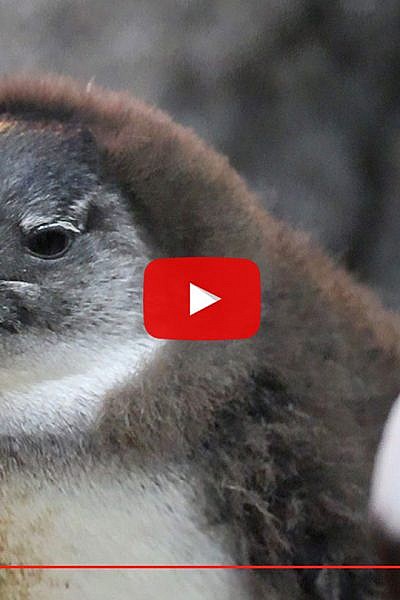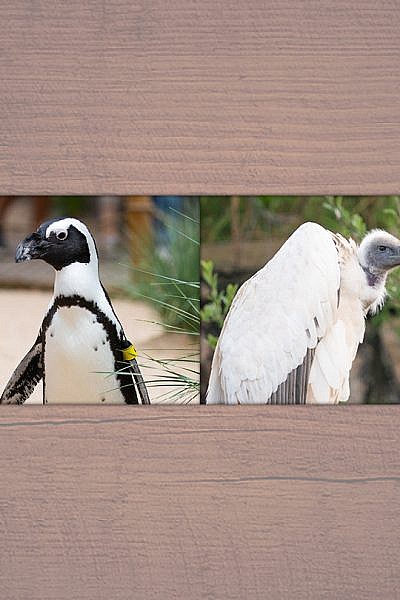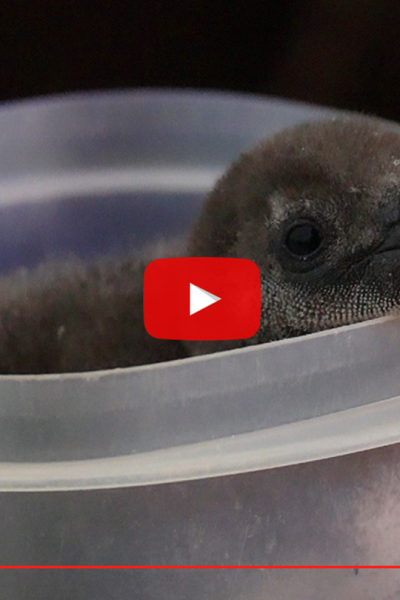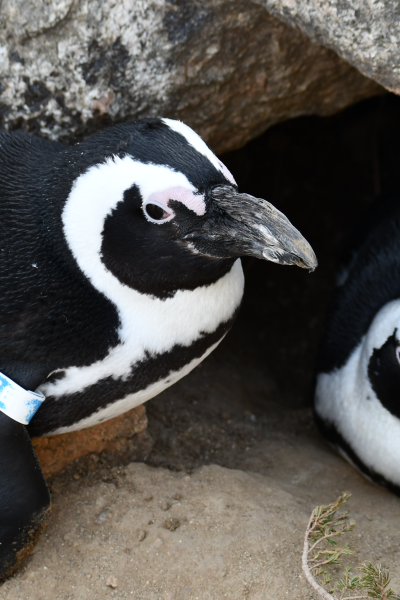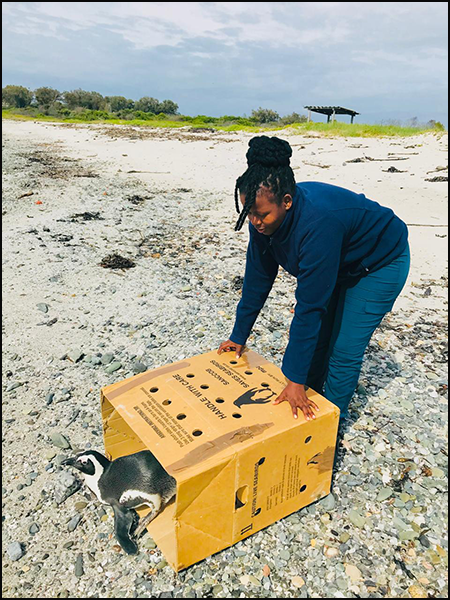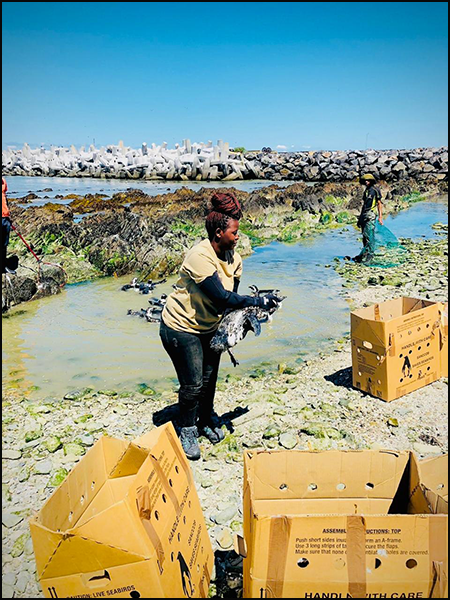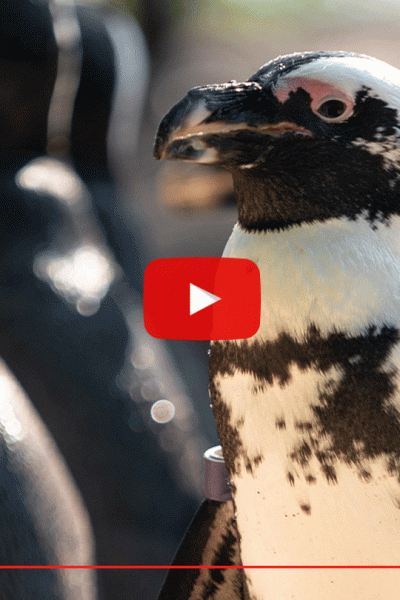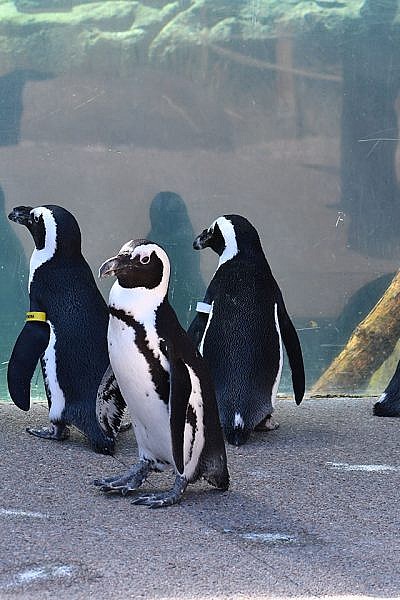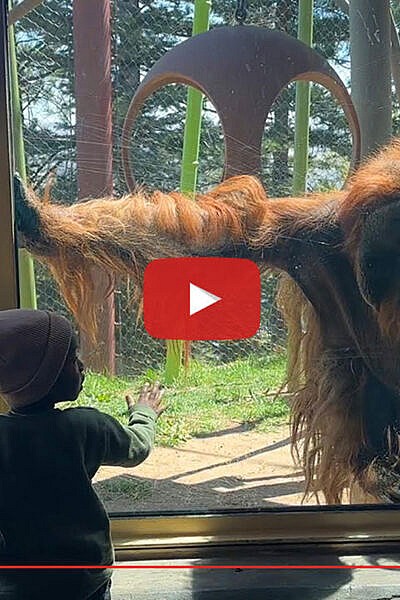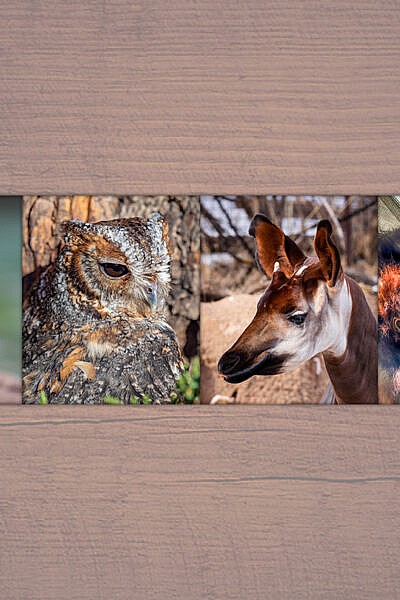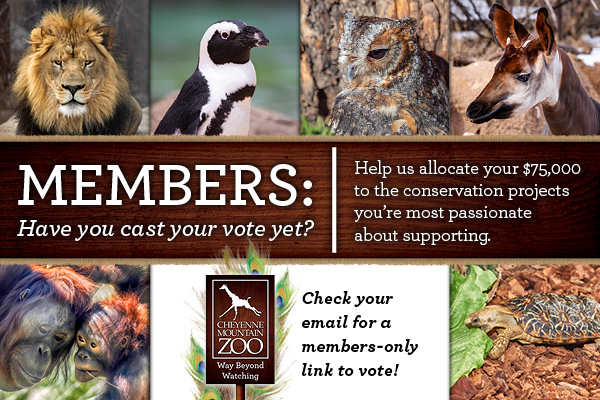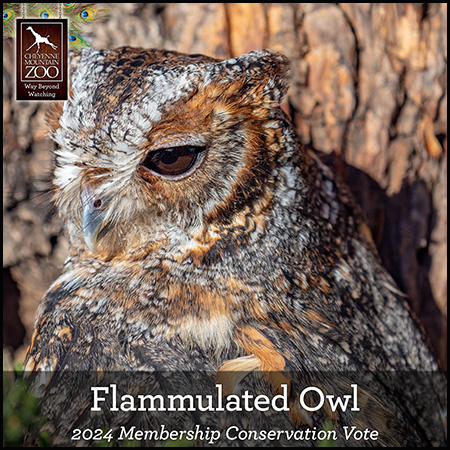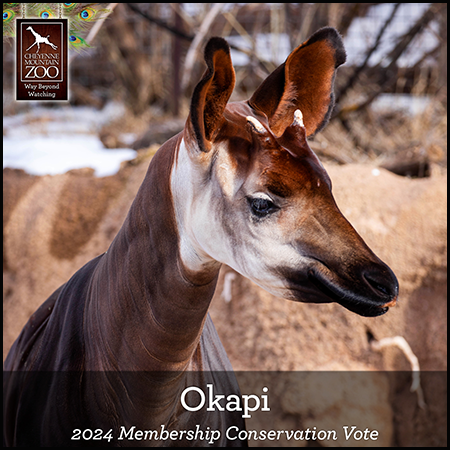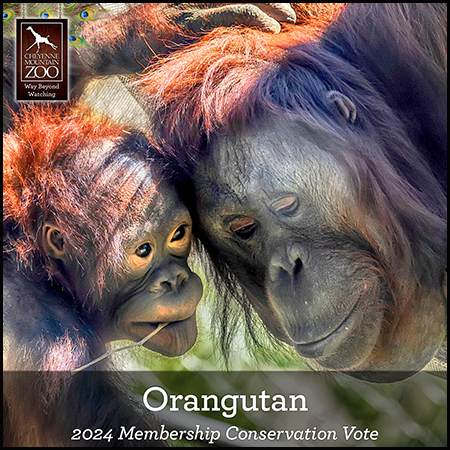Shorter days and holidays are approaching. For many humans, that means unusual eating traditions, a shift in activity and an effort to maintain healthy habits. Cheyenne Mountain Zoo partners, Children’s Hospital Colorado, share advice for helping your family stay healthy during the holidays.
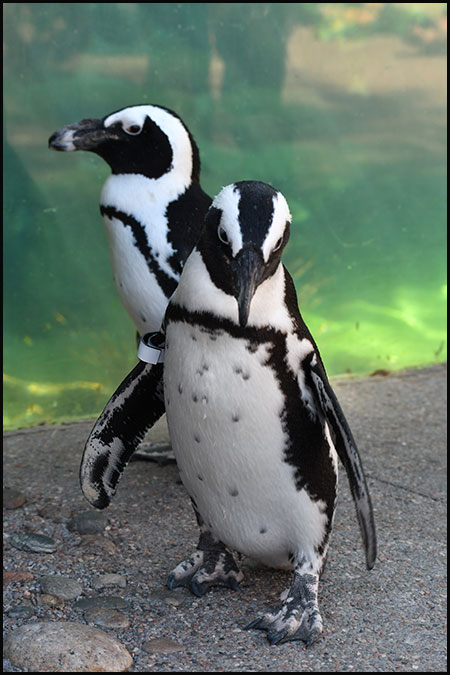
At CMZoo, shorter days and cooler temperatures trigger changes to some animal care programs that support animals’ instinctual seasonal adjustments. Some animals, like giraffe, hippos and great apes, don’t experience many seasonally triggered changes. Keeper teams who care for animals native to more seasonally diverse regions make adjustments.
In the fall and winter months, African penguins focus mostly on nesting and eating. Sunlight impacts their nesting, molting and breeding cycles. As days get shorter, they instinctively choose a mate and begin settling in for snuggle season. The longer nights also trigger their annual molt – when they lose all of their feathers at once and grow a brand-new waterproof set.
“Molting is a big event for the flock,” Sabrina Eccher, animal keeper in Water’s Edge: Africa, says. “Hormonal changes due to less sunlight in the winter typically trigger molting in early spring or summer, and they eat a lot less while they’re molting. To prepare for molt, they bulk up by eating more in the weeks before.”
Supporting the penguins’ instinct to eat more is another example of Cheyenne Mountain Zoo’s commitment to environmental enrichment. The goal is to prepare their habitats with resources that will keep them busy, stimulated and comfortable. Keepers offer more fish at hand-feedings and take it a step further by providing the penguins with opportunities to hunt live fish in their outdoor pool on their own time.
Penguins may increase activity with nest-building and hunting, but grizzlies tend to slow down. Recent scientific studies reveal that grizzlies in the wild don’t hibernate, contrary to popular belief. Smaller creatures, like toads, squirrels and marmots, hibernate to sleep through the months of cold temperatures and limited food resources. During hibernation, animals don’t typically wake up for months. Bigger native animals, like bears, raccoons and skunks, can gain enough weight to carry them through the cooler season without hibernation. However, the seasonal switch impacts them in other ways.
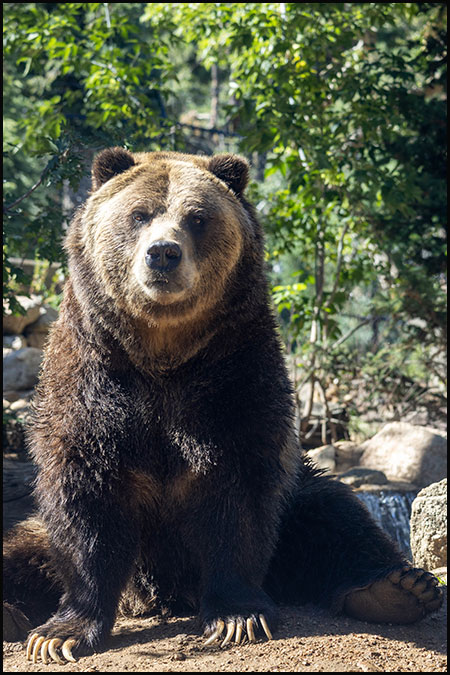
“Bears and other larger animals go into torpor in the winter, which is a hormonal physiological and behavioral change triggered by the changing seasons,” Jenna Schmidt, animal keeper in Rocky Mountain Wild, says. “In torpor, body systems slow down and animals may sleep more, but they still wake up. In the summer and fall, our grizzlies want to eat, eat, eat. When it starts to cool down, they’re less interested in eating and have less energy, but they’re still pretty active at the Zoo.”
CMZoo’s iconic 19-year-old grizzly bears, Digger and Emmett, will turn 20 in January. Having cared for the bears since they were around two years old, keepers have their winter routine down to an art – and each bear reacts differently.
“Digger typically starts sleeping in longer and doing activities with less enthusiasm before Emmett does,” says Jenna. “Digger usually gains more weight than Emmett, and he grows his winter coat before Emmett.”
In fall and winter, grizzlies start dismissing less desirable food items that they would eat in the summer. In the winter, protein and sweet fruits and veggies are more enticing to them. They have been known to decline training sessions when offered a lower calorie item in the winter. It has to be worth their energy because they naturally have less energy in the winter.
Sunflower seeds? Yes.
Celery? No, thank you.
Keepers know which food items will encourage them to participate in husbandry care, so the team can still perform health checks on the aging bears. The bears instinctually prioritize preserving energy. They’ll sleep in later and spend more time making and sleeping in several bear-made beds throughout their two yards and overnight space.
“We give them lots of hay this time of year, and they use it make comfy beds,” Jenna says. “Digger likes to dig and make the beds, and Emmett prefers to ‘work smarter, not harder’ and snag a Digger-made bed for himself.”
Unlike bears, mountain lions eat less in warmer seasons, and more when it cools down.
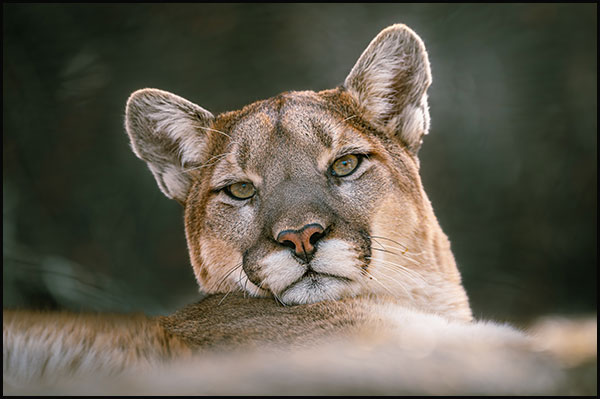
“In the winter, Adira, Koda and Sitka, our mountain lions, are expending more energy to stay warm, so they’re eating more,” Kelsey Walker, senior animal keeper in Rocky Mountain Wild says. “They’re typically more energetic in the cooler months, which we interpret is driven by their instinct to hunt and eat.”
Maintaining a healthy weight is critical to an animal’s overall health. So, keepers and veterinarians at the Zoo work hard to find the balance between satiating an animal’s increased appetite while preventing unhealthy weight gain for the animal.
“The mountain lions are typically slimmer in the warmer months, and we see them choosing to eat less than we provide when it starts to warm up,” Kelsey says. “When it gets cooler, we incrementally increase their diets, so they don’t feel they need to compete with each other for resources, and they feel satisfied and warm.”
Mountain lions aren’t fazed by subzero temperatures or snow. In the mountain lions’ three yards and indoor den, they have lots of opportunities to stay warm. Guests can see them sunbathing on their rocks, creating a kitty cuddle puddle in their canyon or lounging on their heated boulder that overlooks part of the moose yard. Pro tip: when it snows, notice which rocks are clear of snow and ice. The heated rocks melt snow faster than the other rocks do.
CMZoo is open every day of the year, and visiting during the winter months is a different adventure compared to summer Zoo days. Plan your winter adventure at the Zoo, and see if you can notice how penguins, grizzlies and mountain lions look and behave differently.
Back to The Waterhole
